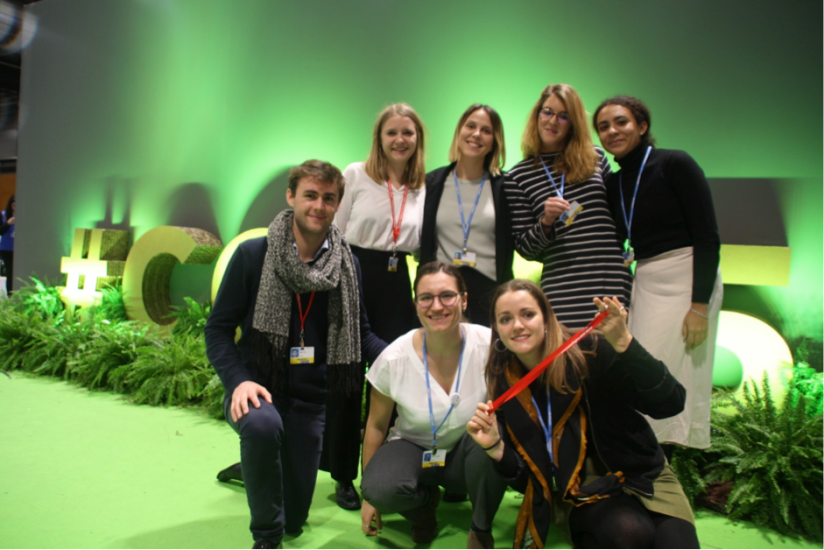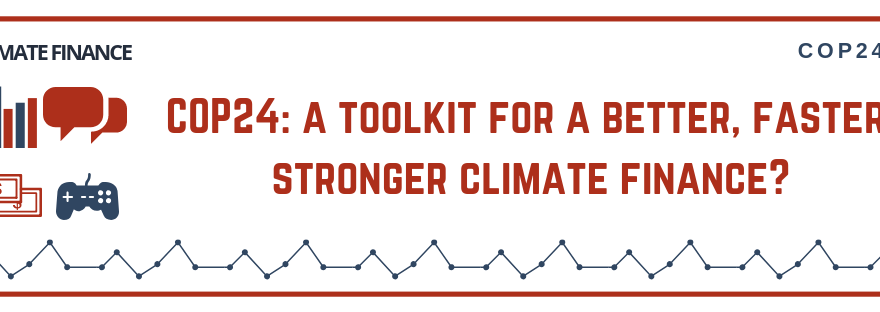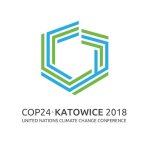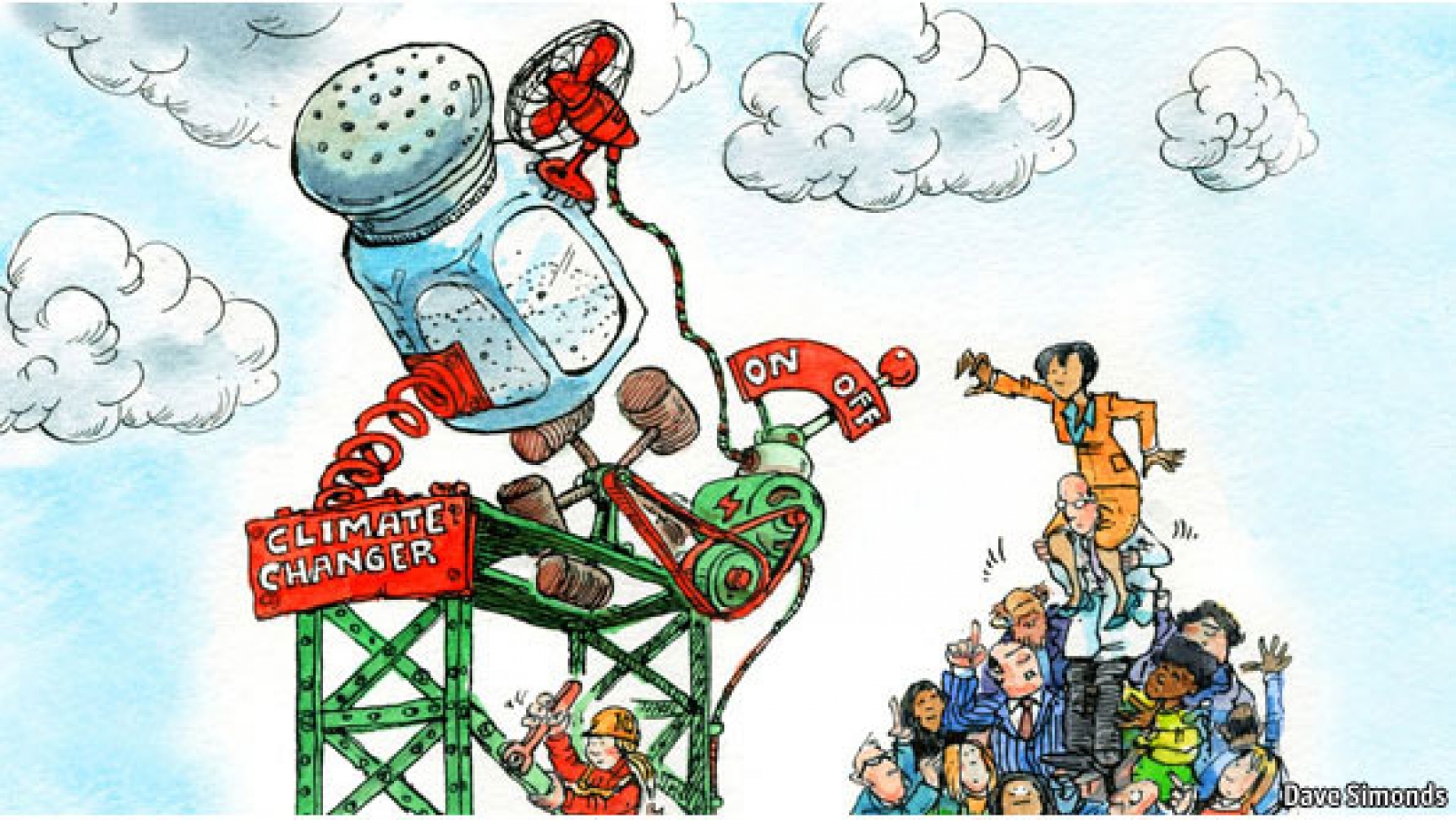This article is written by our Dele’Mates from the second week of COP25.

After a week of intense negotiations, it was time for the High-Level segment and more closed negotiations. Ministers arrived at the conference center to give short statements and continue working on several unresolved items from week one (e.g. Article 6, Finance, Loss and Damage). Furthermore, high-level speakers such as Greta Thunberg and Al Gore gave powerful statements about the urgency of the climate crisis. The two weeks were not only different in terms of negotiations, we also had two new Dele’Mates joining our team, Hugo and Venni. Throughout the second week, our team did not only get to experience the typical second-week tiredness from sleep deprivation and running around the massive conference center, but also the dramatic turns and unexpected events that took place.
Lire la suite « COP25 – A lost opportunity? »


 This year’s climate conference in Poland, also known as COP24, was again of great importance. The direction for the further course of global change was meant to be set there and the task was to draw up a set of rules to implement the Paris Agreement.
This year’s climate conference in Poland, also known as COP24, was again of great importance. The direction for the further course of global change was meant to be set there and the task was to draw up a set of rules to implement the Paris Agreement.




